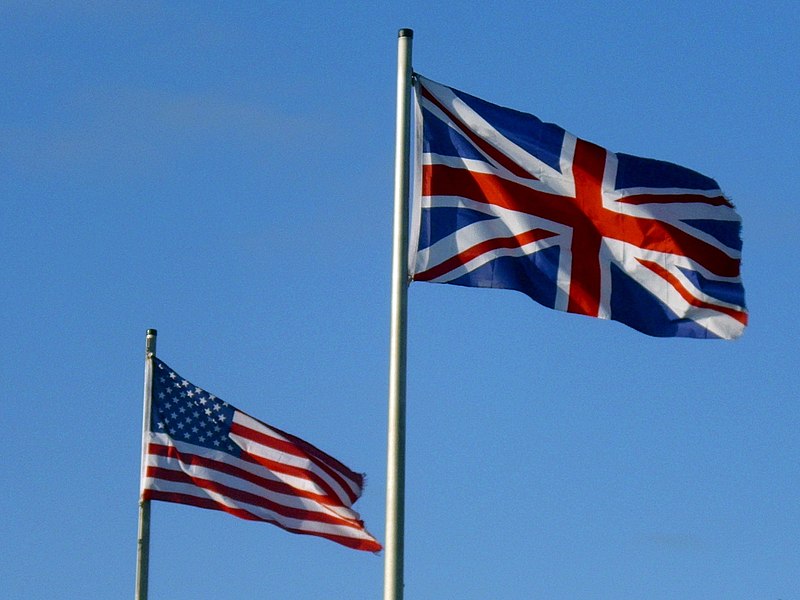
In a significant announcement today, the United States and the United Kingdom have introduced the Atlantic Declaration, establishing a framework for a dynamic and forward-looking U.S.-UK
Economic Partnership in the twenty-first century. This declaration aims to adapt, reinforce, and reimagine the longstanding alliance between the two nations, ensuring its relevance in addressing the challenges of the present era.
For over a century, the United States and the United Kingdom have fostered an indispensable partnership, leading together on global issues of utmost importance. Since the signing of the historic Atlantic Charter in 1941, both countries have worked collaboratively to shape an open and rules-based international order, grounded in shared values. The New Atlantic Charter, signed in 2021, reaffirmed this vision while acknowledging the need for its renewal. Together, the two nations have designed an international economic architecture that has bolstered their economic strength and lifted millions out of poverty worldwide. This essential bilateral relationship thrives on close cooperation in defense, security, scientific advancements, technology leadership, and the deep connections between their people and civil societies.
Amid the transformative changes sweeping the global economy, the collaboration and joint leadership of the United States and the United Kingdom are as crucial as ever, both for international affairs and the security and prosperity of their respective populations. To achieve this, it is imperative to keep pace with the evolving world and adapt the alliance accordingly. The global economy is undergoing a monumental transformation comparable to the Industrial Revolution, with breakthroughs in innovation presenting immense potential if harnessed for the benefit of democracies and security. The transition to clean energy economies offers an opportunity to enhance jobs, livelihoods, and economic resilience. Simultaneously, the nature of national security is evolving, with technology, economics, and security becoming more intricately interconnected. The alliance faces new challenges from authoritarian regimes like Russia and the People's Republic of China (PRC), disruptive technologies, non-state actors, and transnational threats such as climate change.
In the past year, significant strides have been taken to deepen the unparalleled defense, security, and intelligence partnership across global theaters of cooperation, recognizing the indivisibility of security in the Euro-Atlantic, Indo-Pacific, and other regions. Traditional alliances have been revitalized, and innovative partnerships have been forged, fostering deeper collaboration in technology, trade, and security. In solidarity, the United States and the United Kingdom have demonstrated unwavering support for Ukraine against Russia's illegal and unjustifiable aggression, ensuring a free, independent, and sovereign Ukraine. Their commitment to fortify NATO's capacity to deter further attempts at undermining Alliance security is resolute, aligning with NATO's new Strategic Concept.
The implementation of AUKUS, including the recent announcement of supporting Australia in acquiring conventionally armed, nuclear-powered submarines, exemplifies the increased engagement in the Indo-Pacific region. Closer cooperation with partners in the region aims to uphold a free and open environment. The U.S.-UK Indo-Pacific Dialogue will continue to explore avenues for coordinated approaches, support for ASEAN and ASEAN centrality, collaboration with Pacific Islands, advancement in economic and technological fronts, and contributions to regional peace and stability, including through AUKUS and expanded joint exercises and planning, including trilateral efforts.
Today's landmark announcement unveils the Atlantic Declaration for a Twenty-First Century U.S.-UK Economic Partnership, designed to further enhance the alliance in the economic domain. It underscores the determination of both nations to collaborate in building resilient, diversified, and secure supply chains while reducing strategic dependencies. Continued leadership in future technologies and utmost coordination on economic security and technology protection measures are key objectives. Photo by Tvabutzku1234, Wikimedia commons.









































